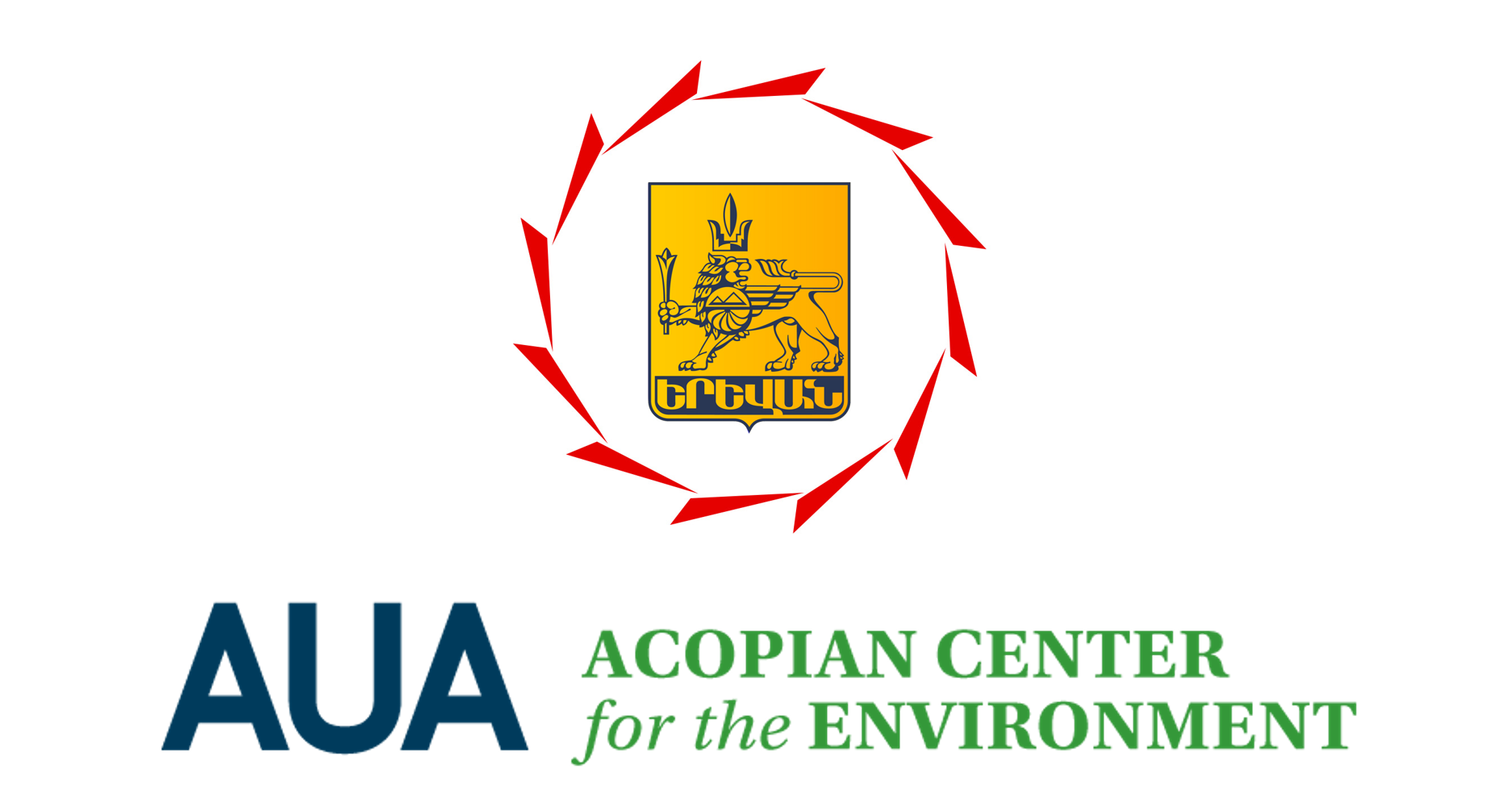“Edible” School Yards Program

Project time period:
2015-2016
Project Description:
The Municipality of Yerevan and the American University of Armenia (AUA) Acopian Center for the Environment completed their first year of cooperation on a program called “The Edible Schoolyard Project.” The program, which translates into Armenian as “The Nutrient Cycle in Schoolyards,” has been piloted in 2 Yerevan schools starting in November 2015. A graduation and achievements ceremony took place in each of the schools, the Yerevan Secondary School #87 and in Yerevan Basic School #56 named after Stepan Zoryan on May 12 and 13, 2016, respectively.
The program involves a total of 43 students from grades 8-12. During the project students did vermicomposting in their schools. Vermicomposting is the process, in which red worms create organic nutrient-rich castings using food waste. During the event this fertilizer was used in organic gardening. This way project aimed to demonstrate a nutrient cycle. The groups met 30-45 minutes after school twice a week to monitor, discuss, and make adjustments to the vermicomposting bins.
Beginning of May 2016, students used the fertilizer generated by the worms to plant seedlings of strawberries and tomatoes. The students transplanted these seedlings into the schoolyards during the graduation and achievement ceremony. Simultaneously, the participants made salads from organic food, and fed the food waste to the worms. This way, during the event, students demonstrated the full cycle of the project.
This was a hands on educational tool that supplemented “Natural Environment and I” program with schools. Students kept their worm colonies alive for and thriving and in the process learned about biological systems and how natural resources flow from one form to the other.
The program is designed as a hands on learning experience. So students became leaders in the group. During feeding, many students from other classes came by to watch, the leaders introduced the worms and demonstrated the process to their guests. As part of the program students learned about the reproductive system of the worms and conditions for their wellbeing.
During the project students did vermicomposting in their schools. Vermicomposting is the process, in which red worms create organic nutrient-rich castings using food waste. During the event this fertilizer was used in organic gardening. This way project aimed to demonstrate a nutrient cycle. The groups met 30-45 minutes after school twice a week to monitor, discuss, and make adjustments to the vermicomposting bins.
Yerevan Municipality (partner)
Funded by the AUA Acopian Center for the Environment
